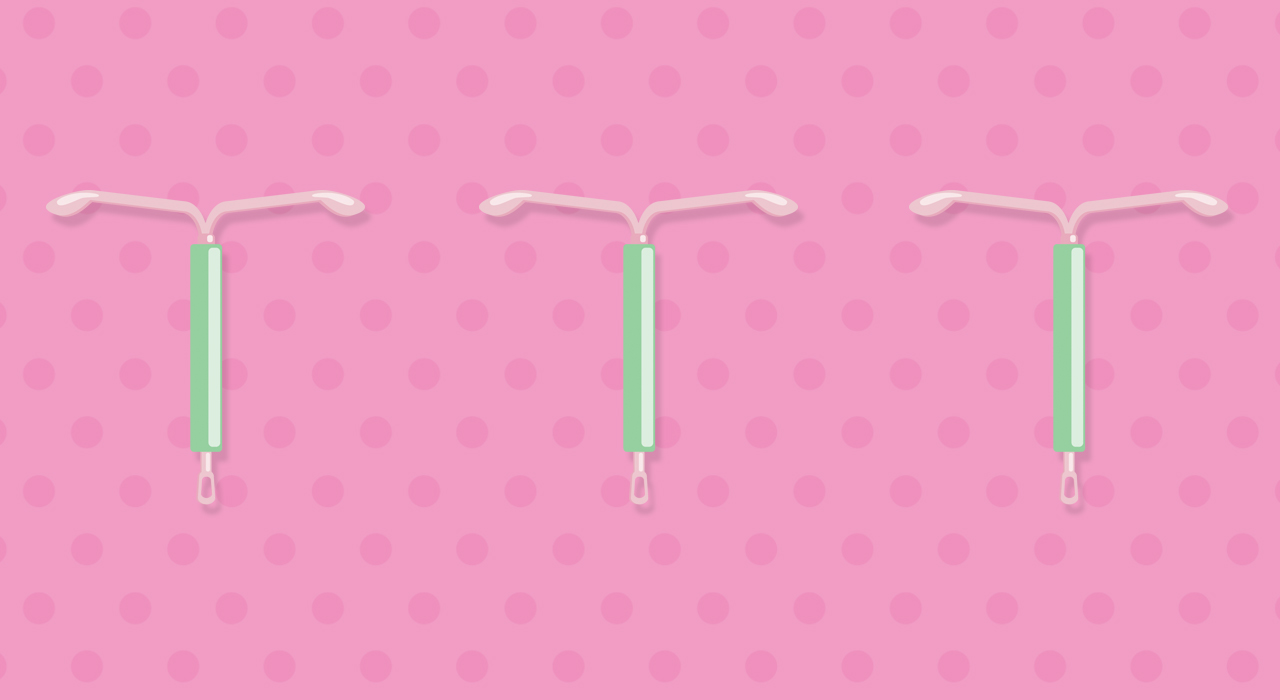Health
IUDs May Reduce The Risk Of Cervical Cancer
When it comes to birth control, there are a plethora of options out there. We’re no longer restricted to just the pill as all forms of contraception are both safe and highly effective which means we have the choice of what’s best for our bodies.
But, birth control isn’t just used for preventing pregnancies anymore. Many women use them to reduce period pain and acne as well as regulating their period. Did you know, however, that the intrauterine device (IUD) may also add cancer preventer to its list of superpowers?
What is an IUD?
An IUD is a small T-shaped plastic and copper device that’s inserted into your womb by a specially trained doctor or nurse.
It’s a long-acting reversible contraceptive method that can last for five to 10 years. It’s currently used by over 11% of the US population and is increasing in popularity among young women.
Cancer prevention?
According to new research from the Keck School of Medicine of USC, there is a link between the IUD and a dramatic decrease in the incidence of cervical cancer.
The study, published in Obstetrics & Gynecology is the first of its kind to combine data from multiple studies on IUDs and cervical cancer. The team analyzed 16 high-quality observational studies which involved more than 12,000 women worldwide.
Results showed that when women used an IUD, the incidence of cervical cancer was a third lower than those who didn’t.
“The pattern we found was stunning. It was not subtle at all,” says the study’s lead author, Victoria Cortessis, PhD, associate professor of clinical preventive medicine at the Keck School.
“The possibility that a woman could experience some help with cancer control at the same time she is making contraception decisions could potentially be very, very impactful.”
– READ MORE: Your Period Doesn’t Actually Affect Your Brain –
A looming health crisis
This could be good news indeed, especially given the increase in numbers of women diagnosed with cervical cancer. According to the World Health Organization (WHO), approximately 529,000 women were diagnosed worldwide in 2012 and 266,000 women died from the disease.
The WHO projects that by 2035 those numbers will increase to more than 756,000 and 416,000, respectively.
This doesn’t mean you need to run out and get one immediately as there is still progress to be made.
“If we can demonstrate that the body mounts an immune response to having an IUD placed, for example, then we could begin investigating whether an IUD can clear a persistent HPV infection in a clinical trial,” explains gynecologic oncologist and study coauthor Laila Muderspach, MD, chair of obstetrics and gynecology at the Keck School.
“The results of our study are very exciting. There is tremendous potential.”
For the latest in health and fitness, sign up to the TRAIN for HER newsletter today.






















